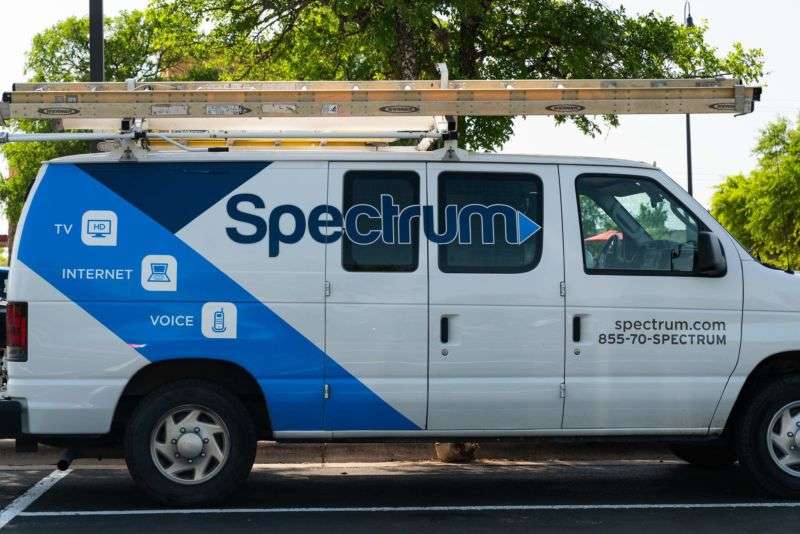
Charter gets final approval to stay in NY despite breaking merger promise

Charter Communications has received final approval to stay in New York State despite violating merger commitments related to its 2016 purchase of Time Warner Cable.
The New York State Public Service Commission (PSC) had revoked its approval of the merger and ordered Charter to sell the former Time Warner Cable system in July 2018. Charter repeatedly failed to meet deadlines for broadband expansions that were required in exchange for merger approval, state officials said.
But Charter and state officials struck a deal in April, and yesterday the PSC approved the settlement.
“Under the terms of the agreement, Charter will expand its network to provide high-speed broadband service to 145,000 residences and businesses entirely in Upstate New York and will pay an additional $12 million to expand broadband service to additional premises,” yesterday’s PSC announcement said.
The 2016 merger approval required Charter to extend its high-speed broadband network to 145,000 unserved and underserved homes and businesses by 2020. Under the settlement, Charter now has until September 30, 2021 to complete the buildout.
“To date, Charter has passed approximately 65,000 of the required 145,000 addresses,” the PSC said.
$12 million will fund new broadband
The final number of new broadband locations will be more than 145,000 because of the newly required $12 million payment.
Half of the $12 million “will be paid into an escrow fund for [broadband-expansion] work that will be completed by Charter at the State’s direction,” the PSC said. The other $6 million will pay for broadband-deployment projects in a competitive bidding process. This money could end up going back to Charter or to its competitors, or a combination of both.
Going forward, Charter will have to make $2,800 payments for each missed address if it doesn’t meet interim deadlines in the new buildout schedule.
Charter had claimed that it met its interim deadlines, but state officials found that Charter was counting locations that it was already required to serve as part of franchise agreements. The state hit Charter with a $2 million fine in June 2018 and a $1 million fine in June 2017.
PSC Chair John Rhodes, who previously accused Charter of “gaslighting its own customers into believing it is meeting its promises,” defended the settlement yesterday.
“Approval of this agreement enables the parties to move forward, without being hampered by the time and cost of litigation, to accomplish our important goals to expand access to high-speed broadband,” Rhodes said.
Disclosure: The Advance/Newhouse Partnership, which owns 13 percent of Charter, is part of Advance Publications. Advance Publications owns Condé Nast, which owns Ars Technica.




